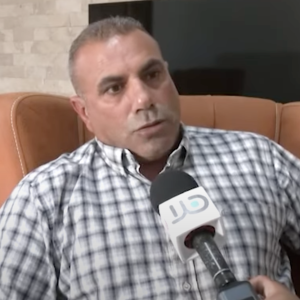
Etty Hillesum was born on 15 January 1914 in Middelburg, the first of three children. Her parents were Levie (Louis) Hillesum and Riva (Rebecca) Hillesum-Bernstein, and she had two younger brothers, Jaap and Mischa.
Etty attended elementary school and then went to the grammar school in Deventer, where her father was deputy headmaster. She took lessons in Hebrew at school and for a while she attended a Zionist youth club in Deventer. She grew up in an assimilated environment, but in her youth she was extremely interested in Judaism.
After leaving school in 1932, Etty went to Amsterdam to study law. She also studied Slavic languages in both Amsterdam and Leiden. She may have chosen to study the languages of the Slavic countries despite rather than because of having Russian mother, with whom she had a difficult relationship. She greatly enjoyed student life, moving several times within Amsterdam before settling down in an apartment on the Gabriël Metsustraat in 1937, which she shared with an accountant called Han Wegerif. After a while she entered into a relationship with the much older Wegerif. She lived in that apartment until her final departure for Westerbork in June 1943, and it was there in the Gabriël Metsustraat that she wrote her world-famous diaries.
At Westerbork, Etty was assigned to the registration of arrivals and acted as a social worker, psychologist and spiritual counselor. The survivors of that period testified to her radiant personality and her great dedication. "One would like to be a balm poured on so many wounds." She devoted herself to others generously and bore the daily brunt of the stress in the camp : the deportation of a part of its population every week-end. She finally fell ill but, thanks to her status, was allowed to go back to Amsterdam to be treated. Despite such pressure, Etty nevertheless remained determined to write : "I would like to be able to overcome everything with words, I would like to describe these two months behind barbed wire, the most intense and the richest in my life, which have given me the most striking confirmation of the most serious and highest values in my life. I have learned to love Westerbork and I yearn for it." Recalling her sleepless meditative nights in her shed, she wrote : "May I be the thinking heart of this shed."
On 5th June 1943, when friends offered to help her to hide, she chose to return to Westerbork and stay there to continue her work. Then, she also had the opportunity to help her parents and her brother Misha who had been the victims of the great roundup of 20-21 June. In the following month, she lost her capacity to walk freely within the camp. Stuck as she was in this ghetto, she then engaged in what she perceived to be a vocation and a mission : "I feel within me the binding and driving force of an ever present, ever deeper gravity... My real job has only just begun : Hitherto, basically, I was only having fun." Such judgement however did not concern the human passions she had experienced, especially the one with Julius Spier, because she added : "I thank you my God, for letting me meet so completely one of your creatures both in my flesh and in my soul." But this concerned the past. From then on, in a delusional context of insecurity and distress, Etty devoted herself to the daily exercise of universal love.
Misha having demanded that his parents enjoy the protective status of "cultural Jews" which only he could claim, the only way to release the nazi stranglehold disappeared. An awkward letter by Mrs Hillesum to H.A.Rauter, the commanding officer of the police and the SS in the Netherlands, exasperated him and caused the whole Hillesum family to be deported. On september 7th, 1943, they were all sent to Auschwitz with 986 other Jews. According to the Red Cross, Etty was thought to have died there on 30th november 1943.
What survives her is a diary covering the last three years of her life. In Etty’s diary we discover her as she really was, day by day, and this presence, which we perceive in her writing, moves us much more than a biography usually written by someone else in the past tense. A few letters also remain. They were published in 1982 – and give us a deeply moving picture of Westerbork : "the home of Jewish suffering" stuck in the mud and barbed wire, where Etty depicts men, women, children, old people who have nothing left except "the thin cover of their humanity". The end of her diary written in Westerbork unfortunately disappeared with her at Auschwitz.









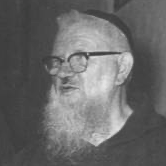

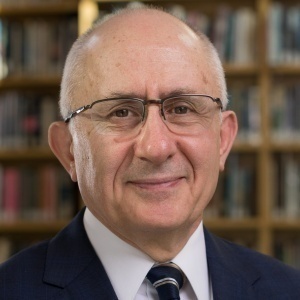






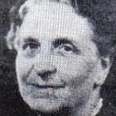
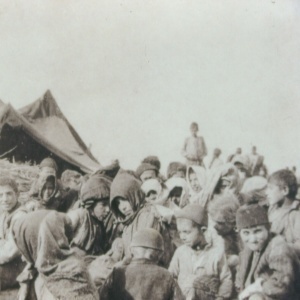










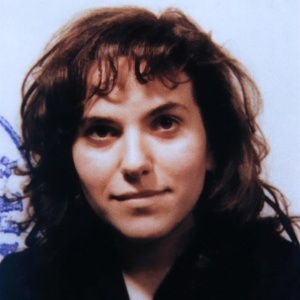



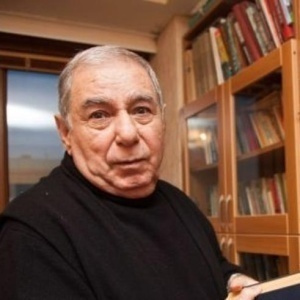


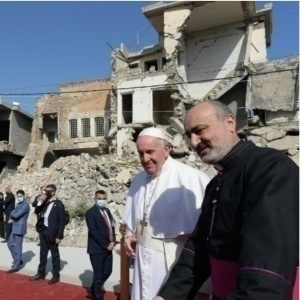









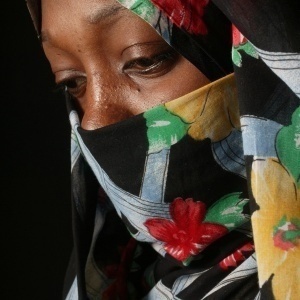
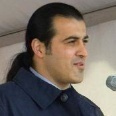



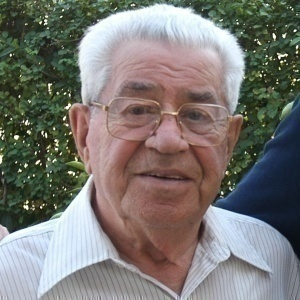
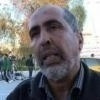




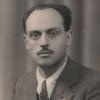


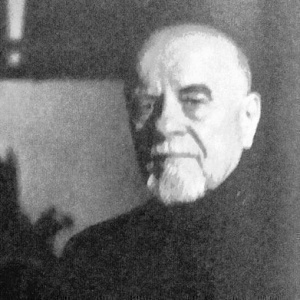


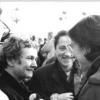
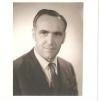


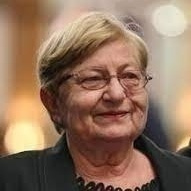

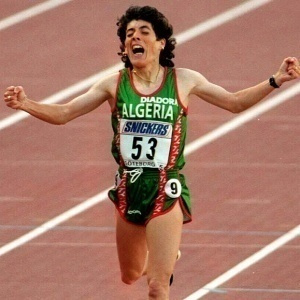

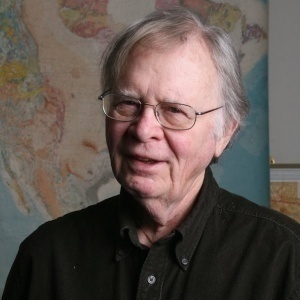






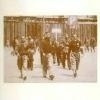




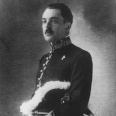




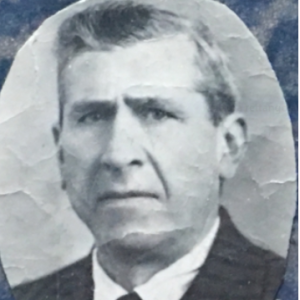

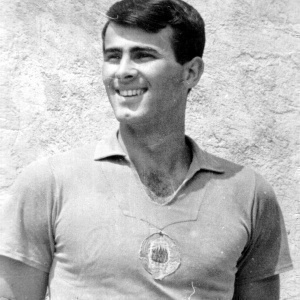




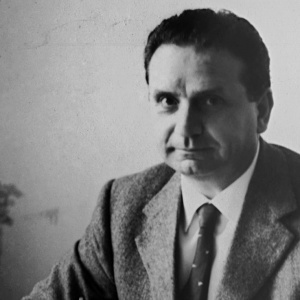
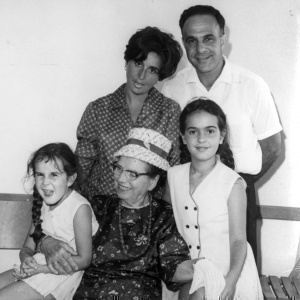

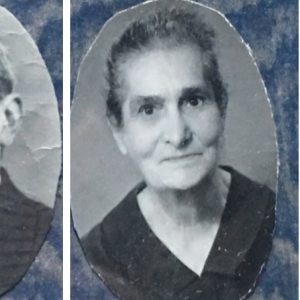
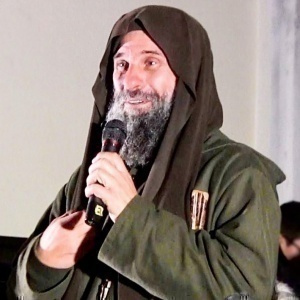


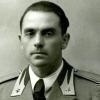


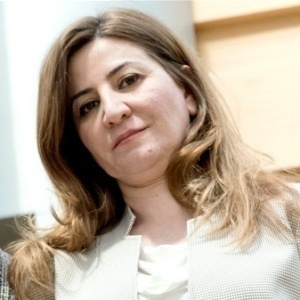


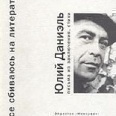



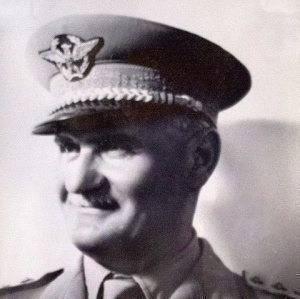

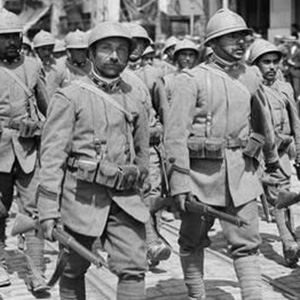
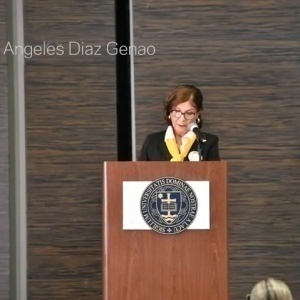


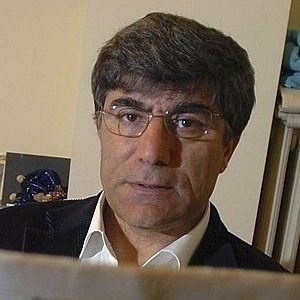


.jpg)



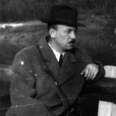





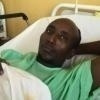
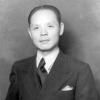


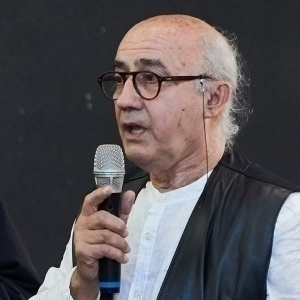
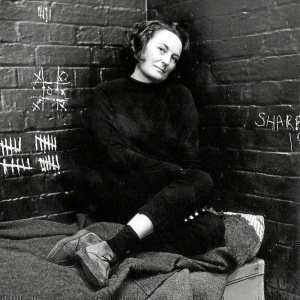



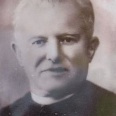

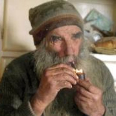

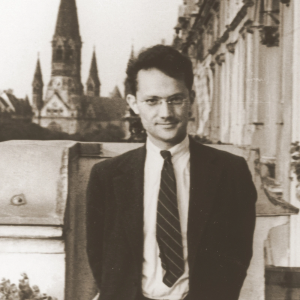


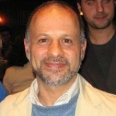



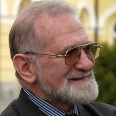

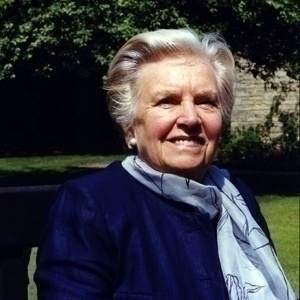




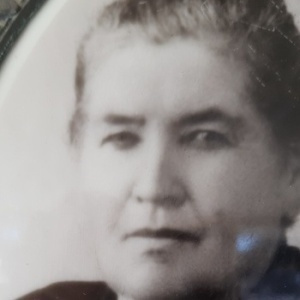





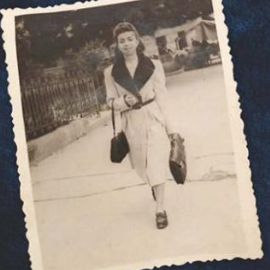








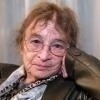

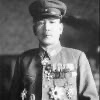

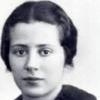



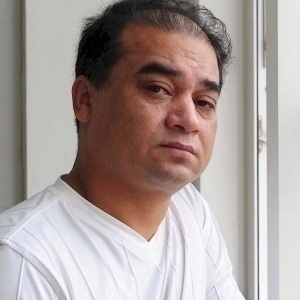



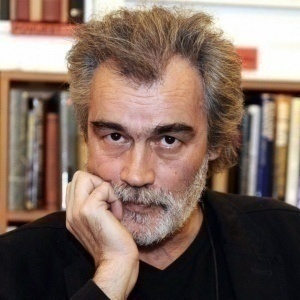

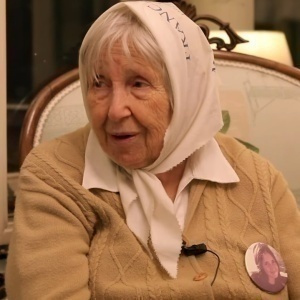



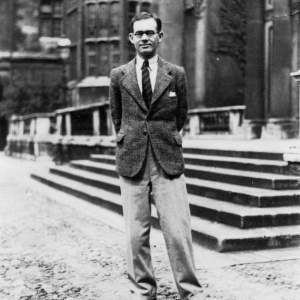
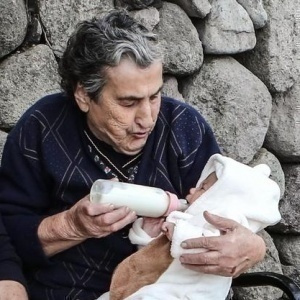
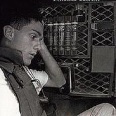
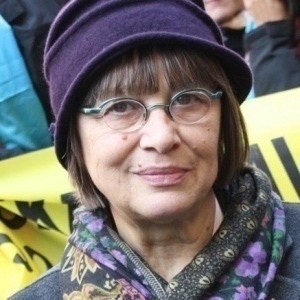

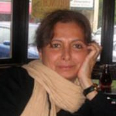



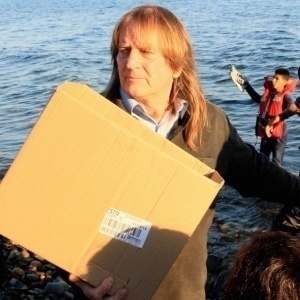



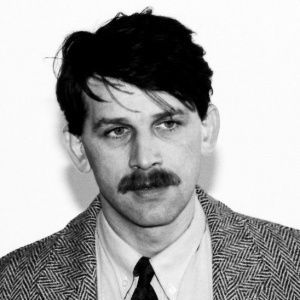






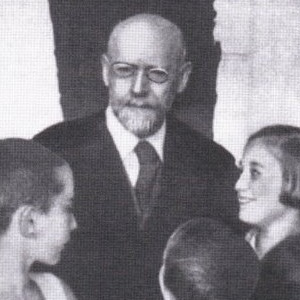




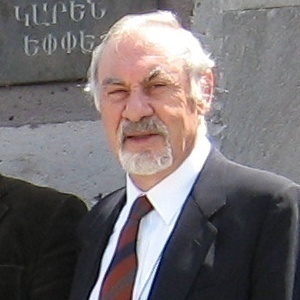
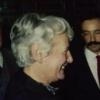





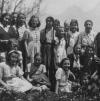



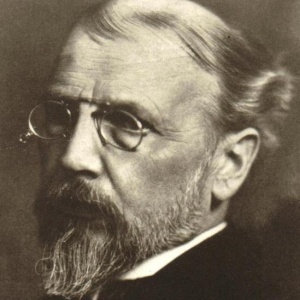





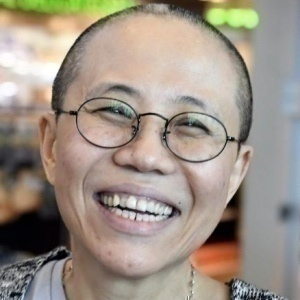
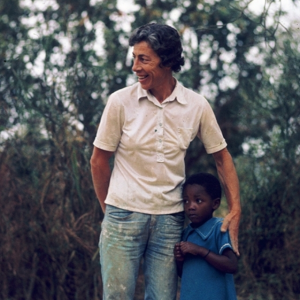



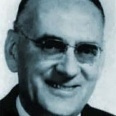
.jpg)


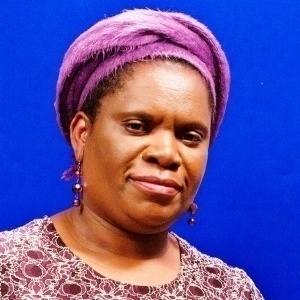
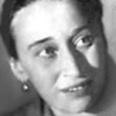



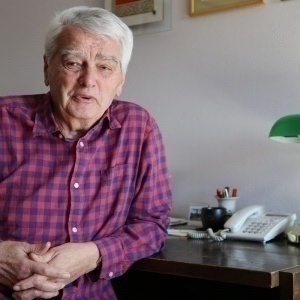
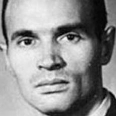


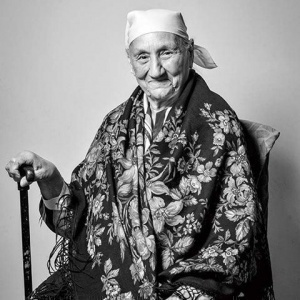

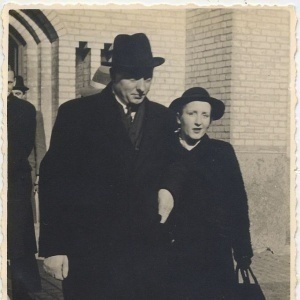




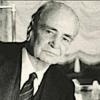
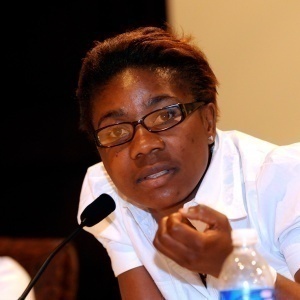


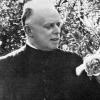




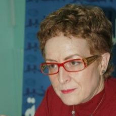
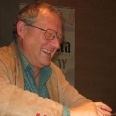

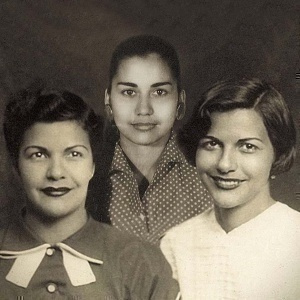


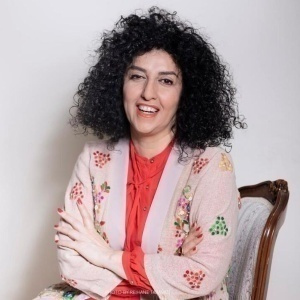

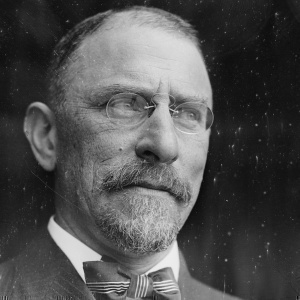



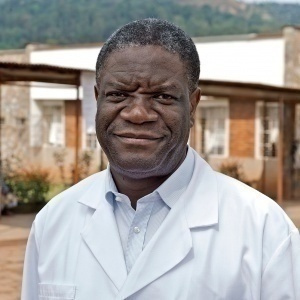
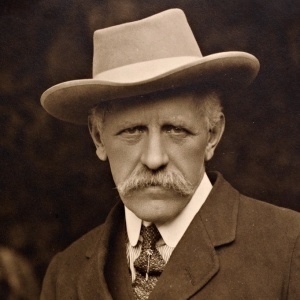


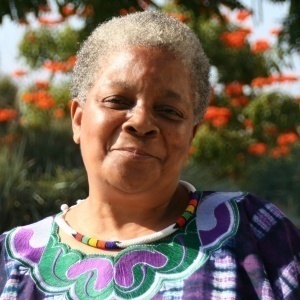
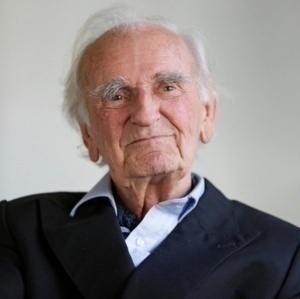







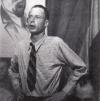
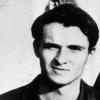

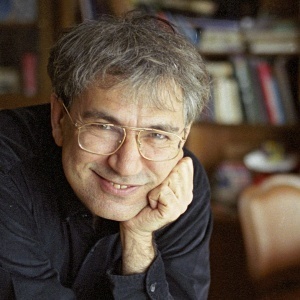


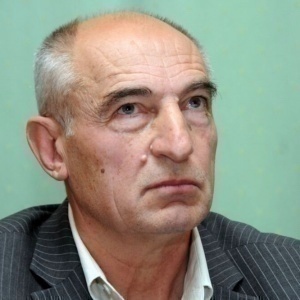

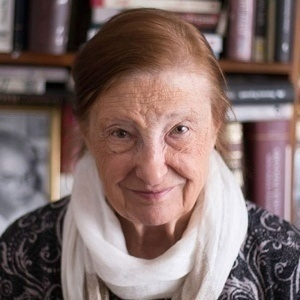
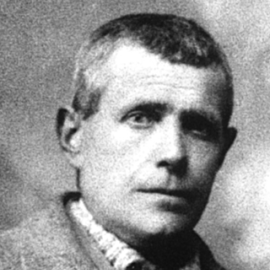
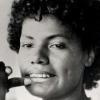
.jpg)
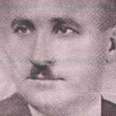
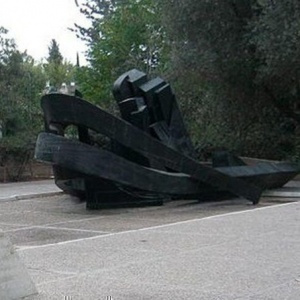



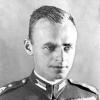

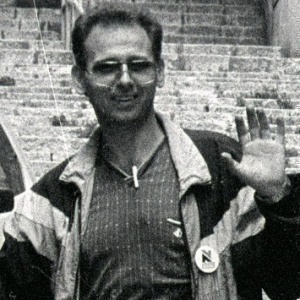


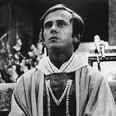

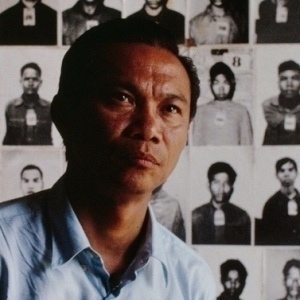
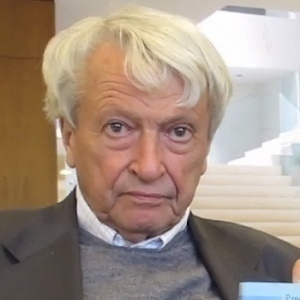
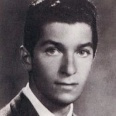




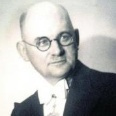

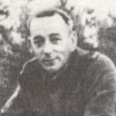
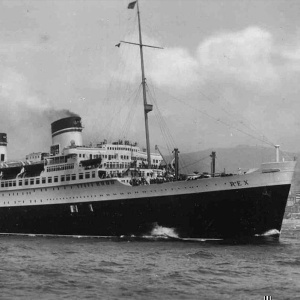
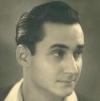
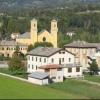
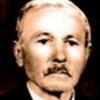
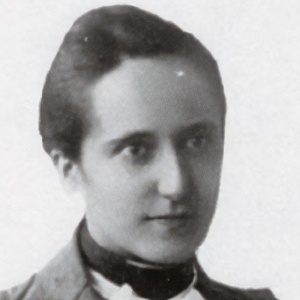

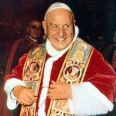

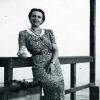
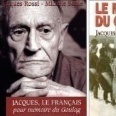






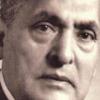




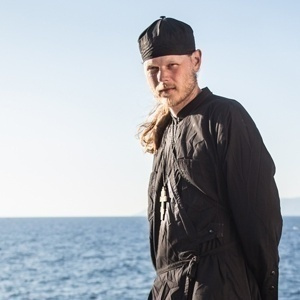
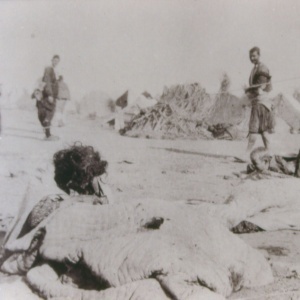
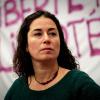













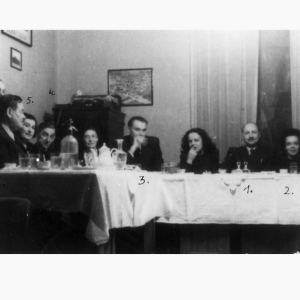


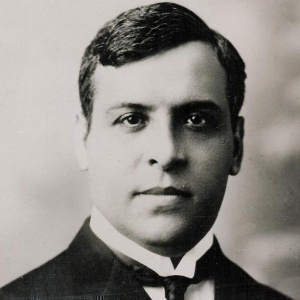













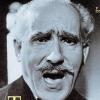



.jpeg)
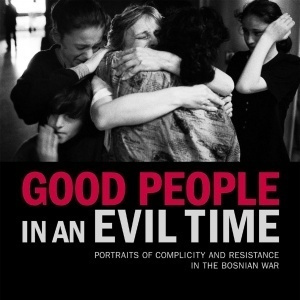
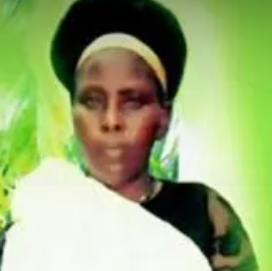
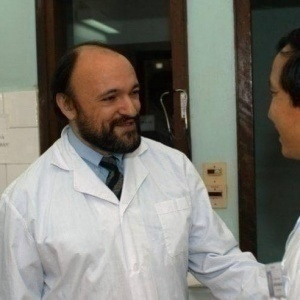







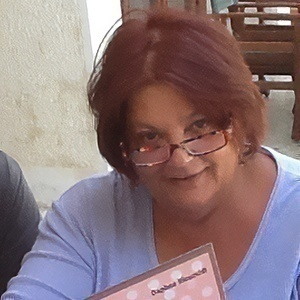







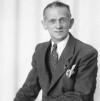
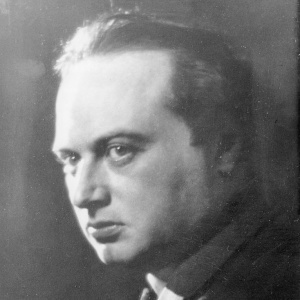

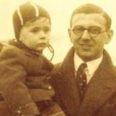


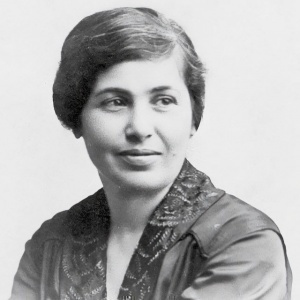

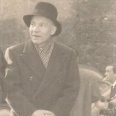




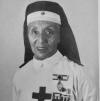
.jpg)
